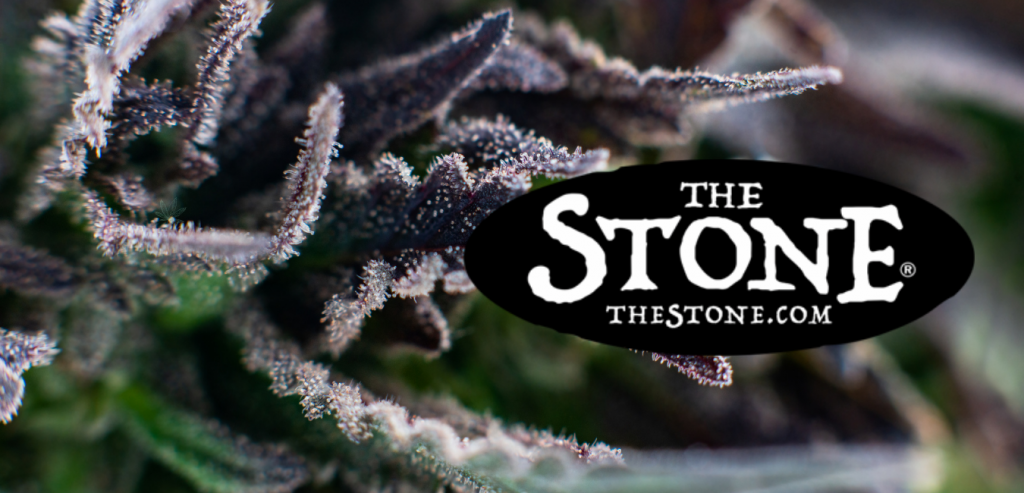
This website is for users aged 21 and over. Please confirm your age.

What is medical cannabis? It’s also known as medical marijuana and cannabinoids prescribe by doctors. The prominent cannabinoid in marijuana is THC, which offers a range of medical benefits. It has been used as medicine for centuries. It wasn’t until the early 1990s scientists began to study its potential medical benefits. There is a lot of progress in understanding how it works and the various ways it can be used to treat illnesses.
Medical marijuana is now legal in 29 states in the US, as well as in several other countries. It can be used to treat a wide range of conditions, including chronic pain, cancer, epilepsy, and multiple sclerosis.
It is a term for using the whole, unprocessed marijuana plant and its cannabinoids to treat various diseases. These cannabinoids include THC and CBD. Other possible medical uses are being discovered daily, as we explore the full potential of this ancient medicine.
Modern science shows that it can effectively treat:
Unlike most conventional drugs, which do not help much at all, medicinal marijuana helps significantly reduce nausea and vomiting. For patients with pancreatic cancer, it can only relieve these symptoms, which often become so severe that opioid painkillers or similar drugs have to be given.
Seizures, particularly in children suffering from severe epilepsy disorders such as Dravet’s syndrome. It does not cure the underlying disease, but it has significantly reduced seizures for some patients.
Glaucoma (although other drugs are more effective). If it is smoked, it can increase intraocular pressure and may damage the optic nerve. However, many people with glaucoma use medicinal marijuana by other means, including the vaporization of cannabinoids.
Spinal cord injury and neuropathic pain. A study of MS patients with neuropathy has found that its use was associated with significant improvement in sleep quality, discomfort, symptoms of spasticity, depression, and anxiety. Most subjects also noted an improvement in bowel control. This is believed to be due to its anti-inflammatory properties.
Sleep apnea and other breathing disorders. It is believed that marijuana may help with sleep apnea by reducing inflammation in the upper airways and decreasing pharyngitis symptoms in many users.
Mood disorders such as anxiety and depression. Several studies have shown that marijuana use can induce an immediate endorphinergic effect, relieving anxiety and mild euphoria.
Autism spectrum disorders (ASD), including autism-associated irritability, hyperactivity, and self-injury. As with many other conditions listed above, an endorphinergic response is often reported by autistic persons who use marijuana, along with a general improvement in mood and ability to interact socially.
Chronic pain is joint among cancer patients, including lung, prostate, pancreatic, and breast cancer. Its use is associated with significantly lower levels of chronic pain in cancer patients than in non-users. One study observed that pot users had far less discomfort and spasticity than non-users.
Marijuana is often used as a natural, alternative treatment due to its analgesic qualities. A recent review of studies found it can be safely combined with other treatments. Many studies have confirmed this as well. This includes one that was found effective at reducing discomfort and many others that showed it was safe when used appropriately.

Anxiety disorders, such as post-traumatic stress disorder (PTSD). PTSD is associated with an abnormally high risk of suicide. Pot use has been shown to help reduce anxiety in patients with PTSD, lowering the incidence of suicidal ideation. It may also help treat anxiety disorders.
Multiple studies have confirmed that it is an effective treatment for depression and anxiety, often better than pharmaceutical drugs. Those who use it also report having fewer suicidal thoughts as well. One study reported that “cannabis use was associated with a 64% decrease in the risk of developing depression.”
Addiction, including addictions to opiate painkillers. In states where weed has been legalized for medicinal use, there have been several reports that patients with chronic conditions such as migraine headaches or peripheral neuropathy find that when they consume it, the amount of opiates they need to take is reduced. Many of those who reduce or eliminate opiates also reduce or eliminate their use of alcohol. Several studies have shown that weed may be an effective adjunct for treating opiate addiction and preventing relapse.
Migraine headaches. Many patients find that consuming it helps them relieve a migraine more quickly than ingesting or injecting standard medications such as sumatriptan. Weed may also help prevent migraines or cluster headaches.
One study found that a significant percentage of patients with irritable bowel syndrome (IBS) reported symptom relief when using it for medicinal purposes, as did many who suffered from inflammatory bowel disease such as Crohn’s disease. A 2010 study found that “cannabinoid receptors [in the gut] are involved in the modulation of intestinal motility and pain.” This may be due to its ability to inhibit gastrointestinal spasms. One study found that chronic use for medicinal purposes was associated with “significantly reduced” levels of IBD.
It was used to treat various symptoms of this condition, including anxiety, depression, and tremors.

Data from several studies show cannabis can be beneficial concerning the symptoms and treatment of cancer, including nausea, loss of appetite, pain, depression, and insomnia. One study demonstrated that co-administration of THC and CBD (both cannabinoids found in weed) was able “to reduce cell viability [in certain cancer cells] and inhibit the spreading of various human cancer cell lines.”
Several studies have confirmed that cannabis can alleviate symptoms associated with this condition, including pain and muscle stiffness. Many patients have reported symptom relief with its use. It has also been reported to help relieve chronic pain in patients with MS (and possibly other types of neuropathic pain). Some studies have reported significant relief from pain and spasticity in patients with MS who use weed.
One study found an “overall significant association between marijuana use and reduction in arthritis pain,” which the authors of the study attributed to cannabinoids acting as analgesics. Another found that those who used cannabis had fewer symptoms than non-users. A third reported pain and stiffness ratings were lower in users than non-users.
Patients with this condition can find relief from the pain, anxiety, and insomnia associated with it through pot use. It has also been found to help reduce symptoms of irritable bowel syndrome (IBS), which is often comorbid with fibromyalgia.
Most studies indicate that it helps alleviate the various symptoms of this condition. One study found that “cannabis use was a protective factor against tics” in those who suffered from this illness. Another found that the THC content of weed was essential in its ability to alleviate symptoms.

Studies have shown that cannabis can help alleviate attention-deficit/hyperactivity disorder (ADHD) symptoms in children and adults. However, this should be done under medical supervision due to its potentially harmful effects on cognitive function when abused or misused.
Cannabis has been used to treat Parkinson’s symptoms, such as tremors and muscle rigidity.
PTSD (Post-traumatic stress disorder). One study found that its use was associated with self-reported improvement in PTSD symptoms. Another reported a decrease in nightmare frequency and severity after its use.
Those who consume it regularly often report “feeling more satiated after eating,” which can help with weight loss efforts. One study confirmed this as well, finding that those with THC in their systems burned more calories than those without it (2257 versus 1754).
It also helps to improve the quality of life for people with HIV/AIDS. It may also help reduce nausea induced by chemotherapy.
One study found that it can reduce symptoms associated with this condition, which affects around 700,000 Americans. Another found that it could help alleviate some of the symptoms associated with irritable bowel syndrome (IBS), a common comorbidity of Crohn’s.

Regardless of the progress that has been made, there is still a lot of research to be done. This is because it is classified as a Schedule I drug in the US, which means that it has a high potential for abuse and no accepted medical use. This makes it difficult for scientists to study it in a controlled setting.
Despite the challenges, a growing body of evidence suggests that it can be used effectively to treat several different conditions. If you think you might benefit from medical cannabis, talk to your doctor. They will be able to advise you on whether it is right for you and help you get started.
There are many dispensaries in Denver, but how do you know which ones are great? Here are a few things to look for:
-A great dispensary will have a wide variety of products to choose from. This includes different strains of cannabis and edibles, topicals, and more.
-The staff at a great dispensary will be knowledgeable and helpful. They should be able to answer any questions you have about their products.
-A great dispensary will offer competitive prices. This means they won’t be ripping you off just because they can.
-The atmosphere of a great dispensary should be welcoming and comfortable. You shouldn’t feel like you’re being judged when you walk in.
If you can find a dispensary that meets these criteria, you’ve found yourself a great one!
We warmly welcome you to explore our highly acclaimed strains, concentrates, and edibles. Serving recreational clients with pride is our passion.
At our dispensary, you'll find a professional yet inviting atmosphere that prioritizes your comfort and privacy. Feel free to stop by at your earliest convenience to experience it for yourself. We can't wait to serve you!


